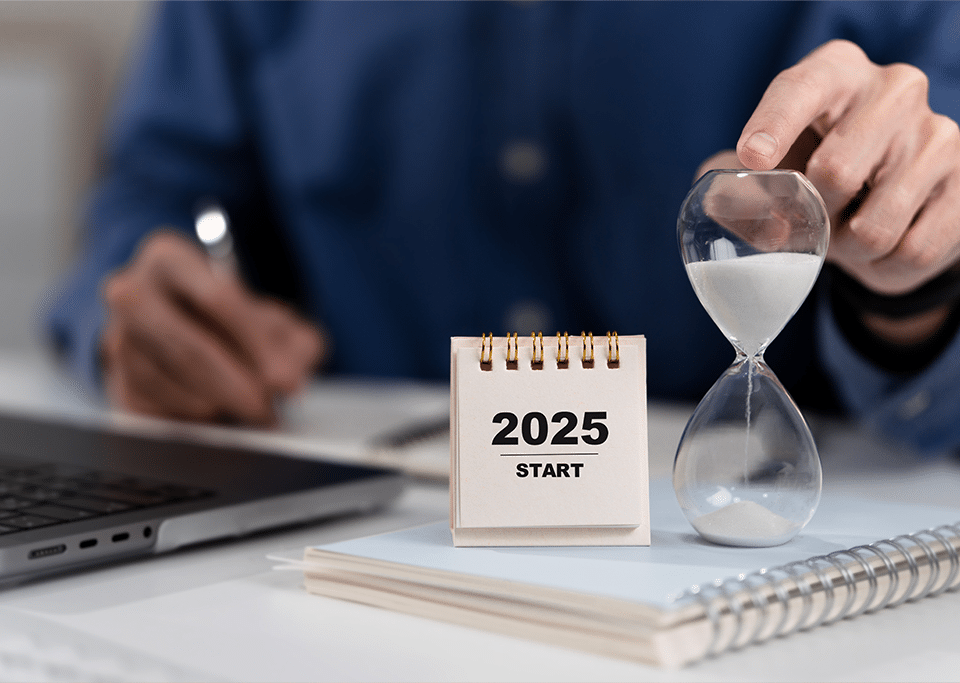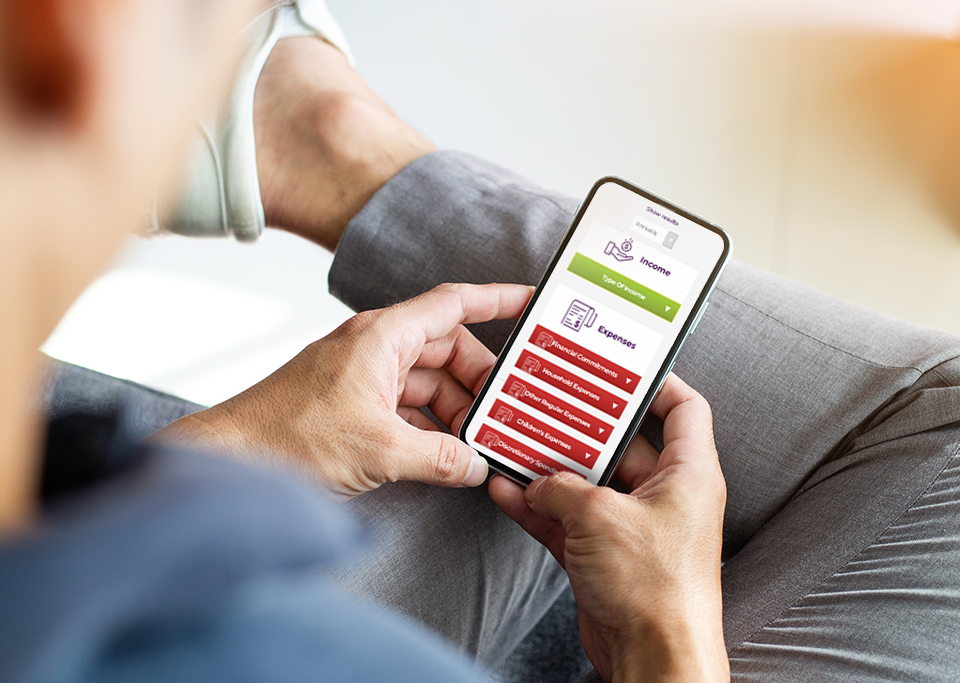MANAGING DEBT
Debt is sometimes necessary in life, such as when buying a home. However, excessive debt can negatively impact various aspects of your life. Understanding how to manage different types of debt is crucial for maintaining your financial wellbeing.
Taking Control of Your Financial Future
Looking for practical guidance on managing debt responsibly? While some debt is necessary in life (like home loans), excessive debt can harm your financial fitness. Have a look at some of the warning signs of problematic debt, five concrete steps to regain control of your finances, and information about handling different types of debt - from everyday bills to Buy Now Pay Later services, credit cards, and loans. Seeking help early is crucial and free financial counselling is available for those struggling with debt management.
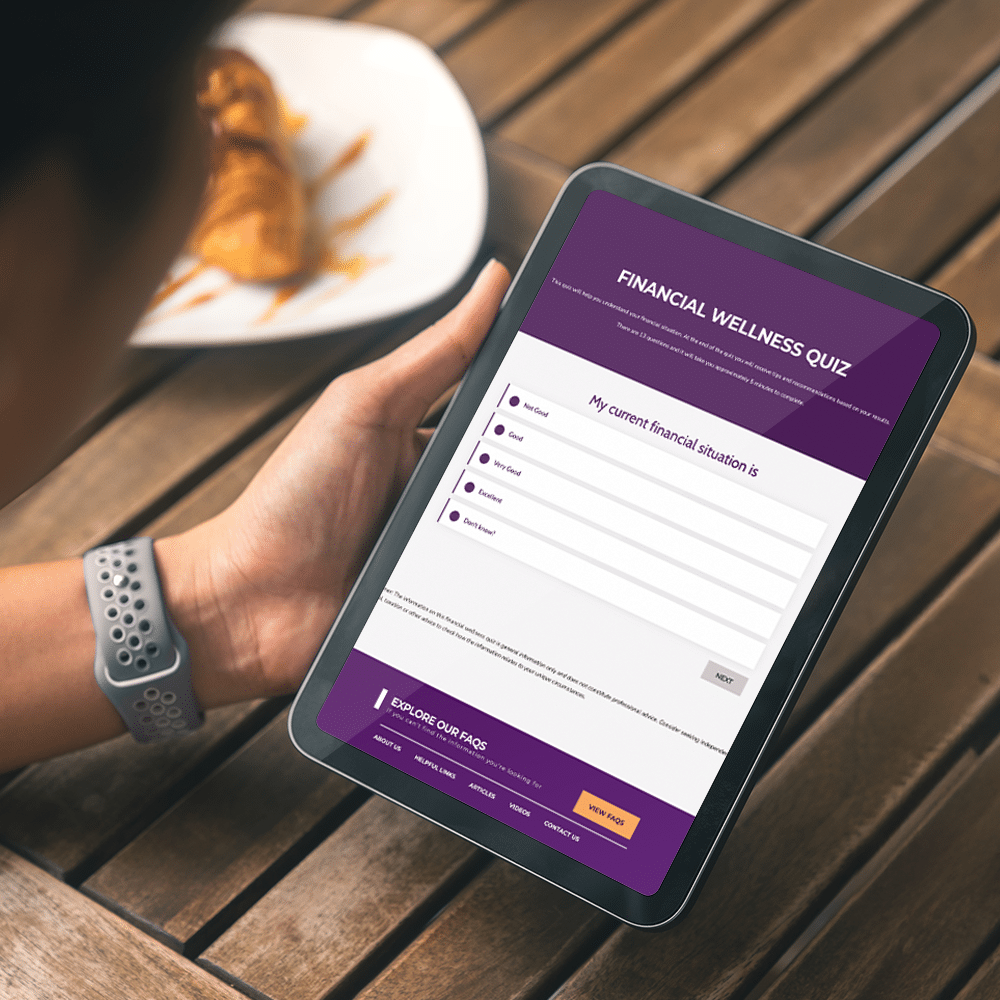
Take our Financial Wellness Quiz
Unsure about your financial health? Take our Financial Wellness Quiz to assess your situation. It’s a starting point for taking action.
Don't ignore the problem
Unless your debt problem is temporary and you have a solution, ignoring it will likely make things worse. The hardest step is often admitting that a problem exists and seeking help, but this is the fastest way to deal with it and get back on track.
Are you feeling overwhelmed by bills and debts? You're not alone. Many Australians struggle with managing different types of financial obligations.
Understanding the nature of your debts and having practical strategies to handle them can make a significant difference to your financial wellbeing.
Free financial counselling is also available through the National Debt Helpline on 1800 007 007 and ADF members can also choose to contact the Bravery Trust which has a free financial counselling service as well, on 1800 BRAVERY.
5 tips to help get on top of your debt
- Make a list of all your debts and repayment amounts
- Review your budget, our budget calculator can help do this
- Talk to your credit providers to see if you can come to a manageable repayment arrangement
- Don't pay for help, make an appointment with a free financial counsellor or free legal service to help make a plan
- Avoid entering into any debt agreements or debt consolidation, these could impact your ADF Career
Managing Debt
Watch this Dominate Debt video for practical guidance on how to keep your debt under control.
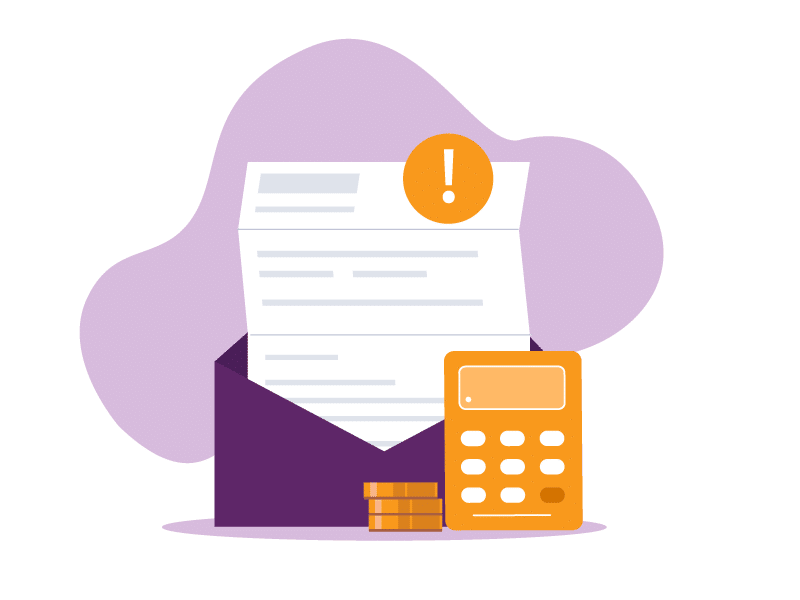
Managing Bills
Bills are a regular part of life. From utilities to paying your rent on time, they require consistent attention and planning.
When you sign up for a service like electricity or internet, you'll typically receive regular bills either by post or online. How you manage these recurring expenses can significantly impact your overall financial health.
How can you stay on top of your bills?
- Avoid late fees and interest charges by paying bills on time. Late payments not only cost you more but can also affect your credit rating.
- Consider setting up direct debits or automatic payments for each account. These simple steps make managing your money much easier and let you focus on other priorities.
- Have you considered maintaining a minimum balance in your bills account? This buffer helps cover expenses as they fall due, especially when large payments are approaching.
- If you're struggling to pay bills, don't wait until you're in crisis mode. Reach out to your service providers early.
- Most companies offer hardship programs or payment plans for customers experiencing financial difficulty. Contact their hardship team at the number listed on your bill to discuss your options.
- Consider bill smoothing options that spread costs evenly throughout the year. This approach can make budgeting more predictable and manageable.
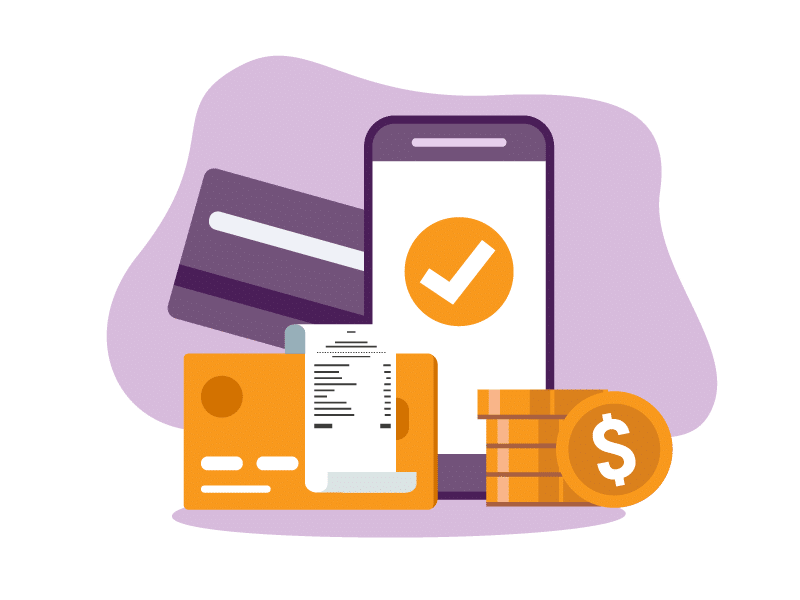
Buy Now Pay Later Products
Buy Now Pay Later (BNPL) services have become increasingly popular. These products let you make purchases and pay for them in instalments, typically over 4-8 weeks.
While BNPL offers convenience, it requires careful management. Are you using multiple BNPL services at once? This can make tracking your spending much more challenging.
What should you watch out for with BNPL?
- These services may encourage additional spending. Though they don't charge interest, they generate revenue through account fees, payment processing charges, and missed payment penalties.
- Set a personal limit on how much you'll commit to BNPL payments each month. This helps ensure these conveniences don't become financial burdens.
- Track all payment schedules carefully. Use the provider's app or a separate tracker to monitor upcoming payments and avoid nasty surprises.
- If you're struggling with BNPL debts, contact the provider's hardship team. Most major BNPL services have dedicated support for customers experiencing financial difficulties.
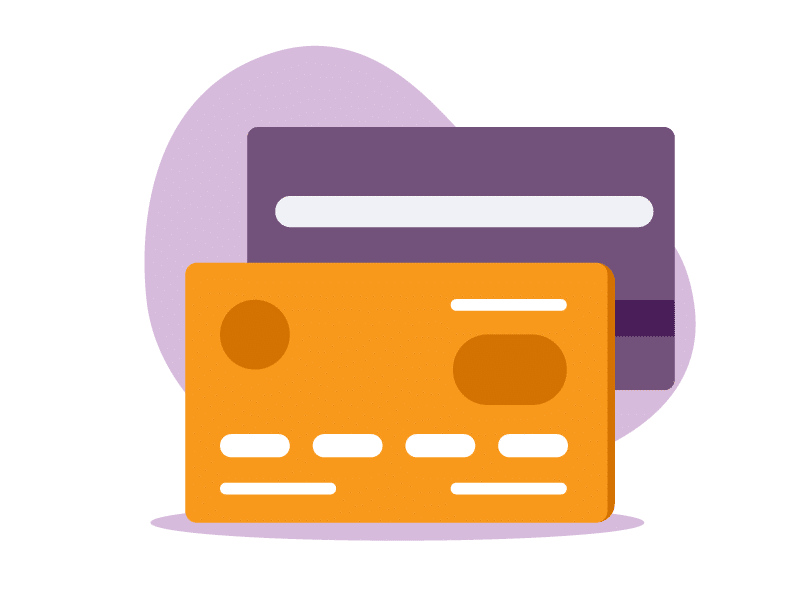
Credit Cards
Credit cards offer convenience but come with responsibilities. They typically involve higher interest rates and fees than other forms of credit.
Have you considered if a debit card might better suit your needs? This alternative gives you many of the same conveniences without the risk of debt.
How can you use credit cards wisely?
- Understand all fees and charges before signing up. Read the product disclosure statement carefully—it contains important information about interest rates, annual fees, and other costs.
- Try to pay your balance in full each month to avoid interest charges. Set up automatic payments through your online banking to ensure you never miss a due date.
- Review the number of cards you maintain. Does each one serve a specific purpose? Having multiple cards can lead to higher fees and make tracking expenses more difficult.
- If credit card debt is becoming a problem, talk to your bank. Having multiple cards can lead to higher fees, make tracking expenses more difficult and can also affect your credit rating.
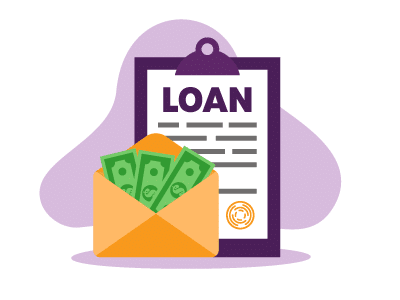
Loans
Loans are often necessary for major purchases, but they require careful consideration. Before taking out a loan, ask yourself: Is this purchase essential?
For items that lose value quickly, like vehicles, consider saving up instead. This approach can be more cost-effective in the long term.
What should you look for in a loan?
- If borrowing is necessary, use comparison websites like Choice, Canstar or Finder to research options. Look for competitive interest rates and helpful features, such as the ability to make additional repayments without penalties. Remember though that comparison websites only compare products and services they are aware of.
- Check if the loan allows early repayment without fees. This flexibility can save you money if your financial situation improves.
- When comparing loans, consider the total cost over the entire loan term, not just the monthly payment. Use online calculators from Moneysmart to help with this assessment.
- If you're struggling with loan repayments, contact your lender's hardship team immediately. Most lenders would rather work with you on a solution than see you default.
Next Steps
- Take a moment to list all your debts and their due dates. This simple exercise can help you gain clarity about your financial situation.
- Consider which of the strategies mentioned might work best for your circumstances. Even small changes can make a big difference over time.
- Reach out to one of the resources mentioned if you need additional support. Financial wellbeing is a journey, and getting help along the way is a sign of strength, not weakness.
What's one small step you could take today to better manage your debts?
If you're experiencing financial hardship, don't wait until the situation worsens. Financial counsellors are available to provide free, confidential advice tailored to your circumstances. National Debt Helpline: 1800 007 007 Free, independent and confidential financial counselling service. Available Monday to Friday, 9:30am to 4:30pm.
Helpful Resources
A budget lets you see what you currently spend your money on, whether you are spending more or less than you earn.





